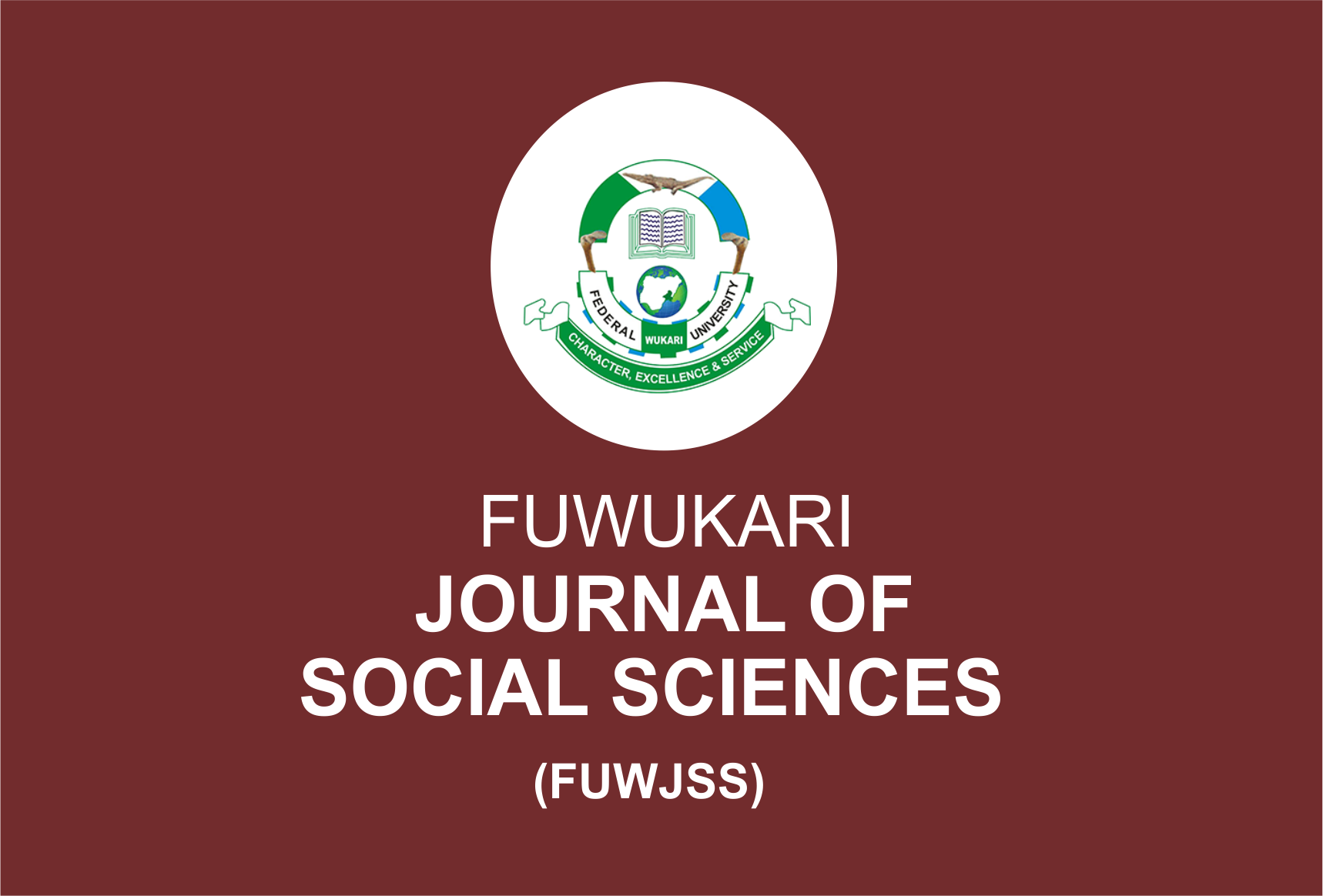Cybercrime Awareness and Cybercrime Victimization in Imo State, Nigeria
Ogochukwu Favour Nzeakor, Nnamdi Green Onuoha, Chibuike Ndubuisi Nwoke
Keywords: Cybercrime, Awareness, Victimization, Risks, Internet Users
Abstract
Despite the increasing incidence of cyber-criminality in Imo State, Nigeria, there is still dearth of evidence expounding public awareness of the incidence and factors precipitating cybercrime vulnerability and victimization among residents of the State. Adopting a cross-sectional survey design rooted in Routine Activity Theory, this study examines the relationship between Internet users’ cybercrime awareness status and their cybercrime victimization experiences. The study’s sample consists of 1,031 respondents drawn from a population of 73,718 Internet users selected from Alvan Ikeoku College of Education, Owerri; Federal Polytechnic, Nekede; Federal University of Technology, Iheagwa; and Imo State University, Owerri. The study’s results showed that cybercrime uninformed Internet users (67%) are more likely to experience cybercrime victimization than cybercrime informed users (19%). The study confirms a statistically significant but high negative relationship between Internet users’ awareness status and their cybercrime victimization experiences, X2(1030) = 69.8, p< 0.05, r =.-9. The study concludes that the volume and distribution of predatory crime such as e-fraud and cyber-bullying in Imo State closely relate to the availability of suitable targets (uninformed Internet users); the absence of capable guardians (lack of adequate cybercrime awareness); and the presence of motivated offenders (cybercrime perpetrators). Thus, the study recommends that increased and adequate public awareness of victimization risks and protective measures represent an important strategy in the prevention of cybercrime in Imo State, Nigeria.
Author Biography
Ogochukwu Favour Nzeakor
Peace & Conflict Unit,
Michael Okpara University of Agriculture, Umudike, Nigeria
Nnamdi Green Onuoha
Peace & Conflict Unit,
Michael Okpara University of Agriculture, Umudike, Nigeria
Chibuike Ndubuisi Nwoke
Department of Sociology and Anthropology,
University of Nigeria, Nsukka, Nigeria

